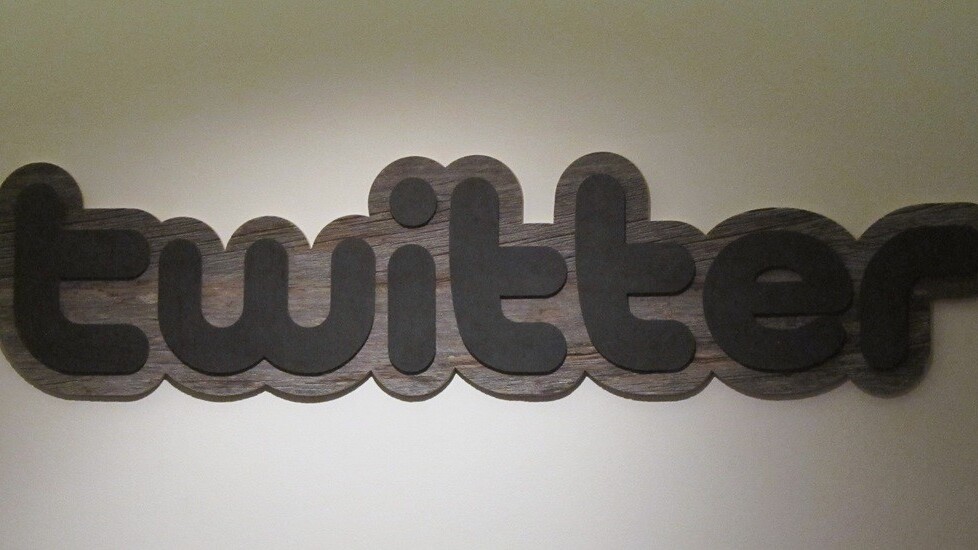
Twitter today launched broad match for keywords, making it easier for companies to sell ads against tweets. The move is part of an ongoing effort by the company to monetize its hundreds of millions of users.
Twitter says its users have conversations about topics in different ways that express the same intent: by using synonyms, different spellings, or Twitter-specific lingo. The broad match feature helps advertisers reach users having these conversations by automatically expanding their targeted keywords to include related terms.
Here is an example:
Twitter explains that if a coffee shop wants to reach coffee enthusiasts, it may run a campaign targeting the broad match keywords “love coffee.” This would allow the company to connect with users who are tweeting or engaging with tweets containing keywords like “luv coffee” and “love latte.”
If the coffee shop sells lattes but not espressos, it can use the “+” modifier on the broad matched terms to prevent broadening and targeting the wrong users. Targeting “love + latte” will match to users who tweet “luv latte,” but not those who tweet “luv espresso.”
None of this is new: other keyword advertising platforms have been offering such functionality for ages. Yet on social networks like Twitter, features are of utmost importance as users interact with the service in unique ways: after all, they only have 140 characters to work with.
Twitter says broad match is now available through ads.twitter.com and its advertiser API. Furthermore, broad match will be the default matching type for targeted keywords moving forward. Existing campaigns will remain unchanged and will be automatically opted into the “+” modifier to prevent broadening.
As for users, Twitter reassures them that broad match for keywords will not change the frequency of ads they see. Users can also continue to dismiss Promoted Tweets they don’t like.
Top Image Credit: Scott Beale / Laughing Squid
Get the TNW newsletter
Get the most important tech news in your inbox each week.




